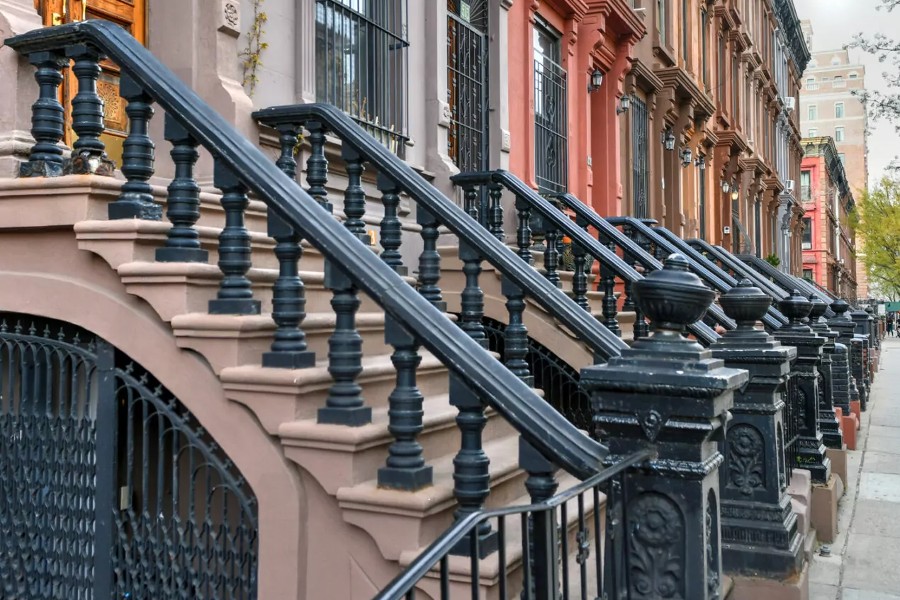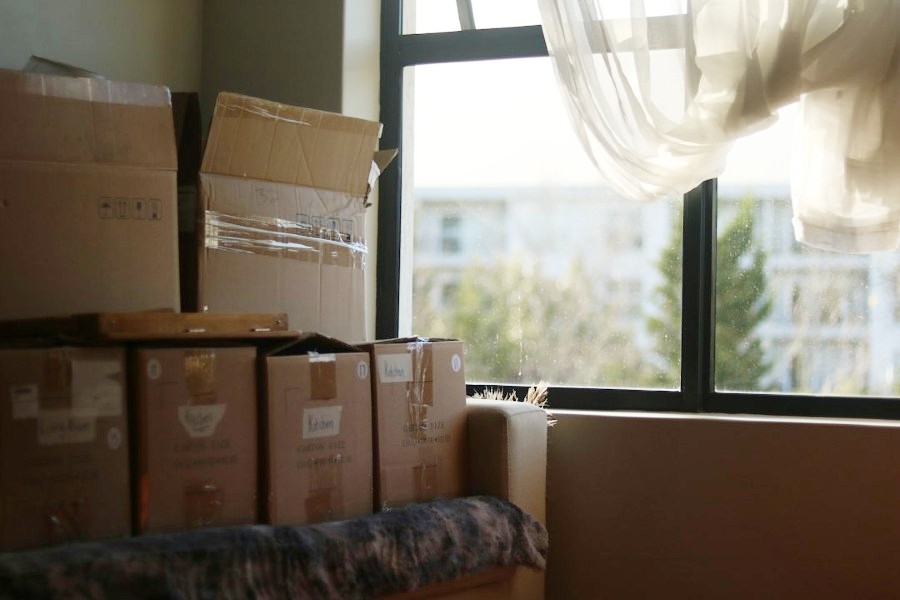
As vacation home rentals have grown in popularity, battle lines have been drawn between hosts and guests staying at Airbnb, Vrbo, and other homestay companies.
There were issues with hosts charging outrageous hidden fees — a matter Airbnb recently took head-on — and disrespecting guests. Now, a new study from Vivint shows that hosts are pushing their control even further.
Despite guest concerns, 45% of hosts say they’ll be adding extra safeguards for the summer travel season. A good number of those defenses will come from cameras and microphones inside the home – a move that three in four guests say would force them to choose another place to stay.
Then, there are damage deposits. More than a third of the hosts surveyed said they’ve had guests damage their vacation rental, and nearly a quarter believe the damage was intentional, to the tune of an estimated $530 each time it happens.
Did we do this to ourselves?
Somewhere along the line, something went wrong and fingers can certainly point both ways. Hosts may have gotten greedy with fees and there were some who should’ve never been allowed to rent their home. But travelers also had a hand in this mess, going too far with disregard for a property and partying down.
“Airbnb was initially built on trust. Hosts and guests both got ratings and feedback after their stays, and hosts could decide which guests they wanted at their property,” Thomas Schaper, Head of Product at DACK, Inc., a guest technology company that enables property managers to provide guests with an all-in-one digital stay experience, told ConsumerAffairs.
“However, as they’ve scaled, the risk of having troublesome guests has risen as well. Hosts began auto-approving all bookings, and not all OTAs (online travel agencies) protect hosts in the same ways; for example, with some OTAs, the host is the merchant of record and is on the hook for fraud, chargebacks, and, more importantly, property damage or theft.”
Schaper suggests that hosts employing cameras and microphones became a push-come-to-shove matter because short-term rentals didn’t have the same security, safety, and protection guards that hotels do.
No front desk clerk to visually review credit card and ID information from the guest in person. No on-site security, no bellhops, etc. that you would see in a larger hotel. “So technology has to safely and fairly fill that void and make contactless check-in a failproof replacement of the traditional front desk,” he said.
Do guests have a way around this?
If cameras are a little too Big Brother for you, you – the guest – have rights that the hosts are supposed to adhere to.
“It’s important to know that most rental platforms have strict policies against this — both Vrbo and Airbnb do – and guests should report any instances immediately,” Hans Mast, a travel expert at Golden Rule Travel, told ConsumerAffairs. “To mitigate these concerns, guests should thoroughly read reviews and ratings of a potential rental. This way, they can avoid properties with red flags and opt for ones with consistently positive feedback.”
A Vivint spokesperson echoed that, adding that if a guest finds one, they should document that in messages with the host and the company the host lists their property with.
And the damage issue? That’s a gray area that guests should take the time to proactively consider. That gray area is whether the damage was pre-existing or the guest in question is the person who did it.
“While accidents do happen, hosts can have an issue with even the most minor of damages and guests can incur a potential fine. Documenting any existing damages or issues immediately after checking in can be a huge help for both hosts and their guests,” the spokesperson added.
- Sponsored Love: How Effective Website Designs Empower Nonprofit Organizations To Create Change
- Midsummer Morning In 1899: The Bustling Life Of Washington Market In Harlem
- Statement From Senator Cordell Cleare On The Killing Of Robert Brooks At The Marcy Correctional Facility
- Harlem’s Heartbeat: A Symphony Of American Dreams
- Mayor Adams Launches “Founded By NYC” To Celebrate City’s 400-Year History And Culture
Become a Harlem Insider!
By submitting this form, you are consenting to receive marketing emails from: . You can revoke your consent to receive emails at any time by using the SafeUnsubscribe® link, found at the bottom of every email. Emails are serviced by Constant Contact









